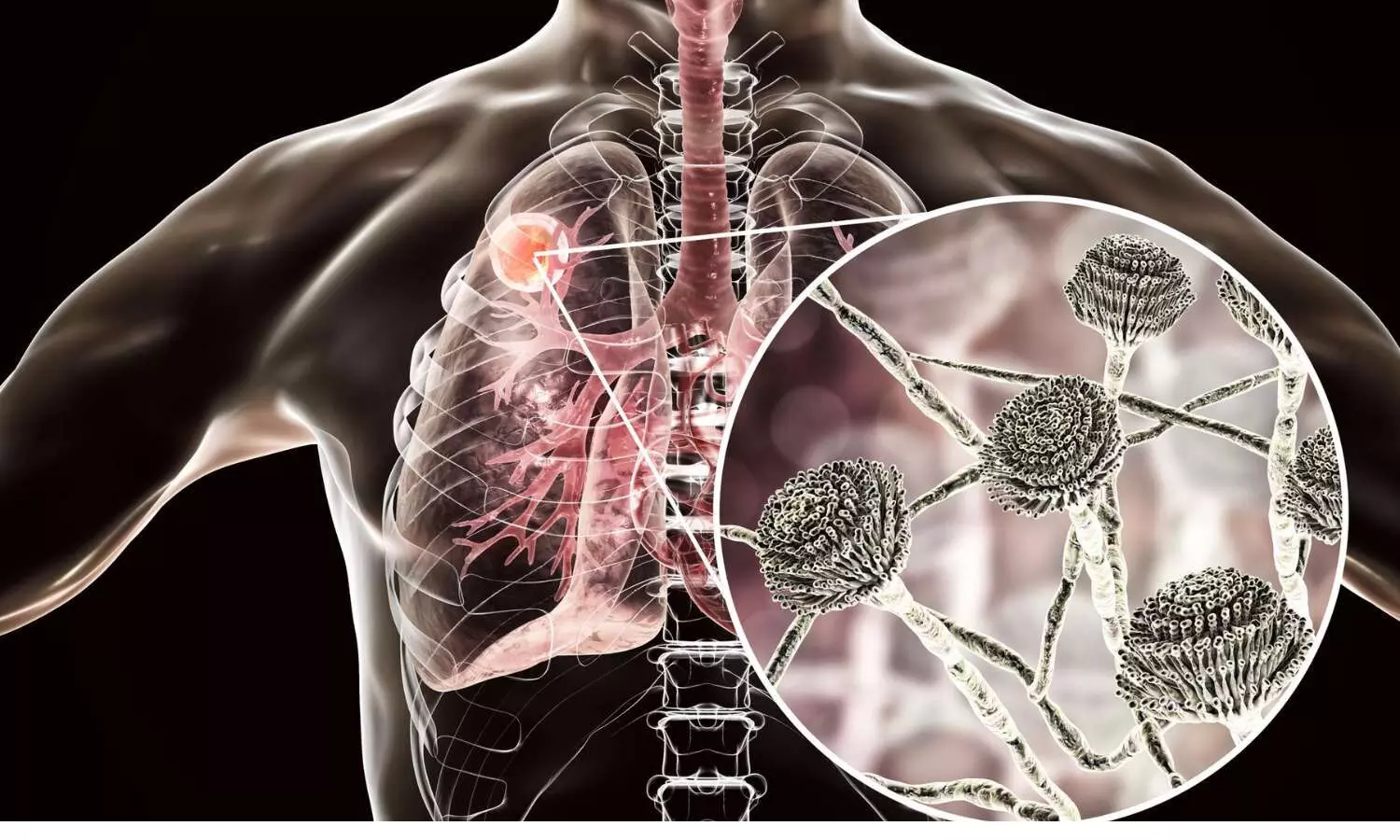Diabetes drug reduces drug resistance in lung cancer and improves effectiveness of chemotherapy: Study

A medication used to treat diabetic neuropathy may make chemotherapy treatments more effective for patients with lung cancer, according to new findings from the University of Missouri School of Medicine published in Clinical Cancer Research, a journal of the American Association for Cancer Research.
Despite surgical and chemotherapy treatment, more than 50% of non-metastatic, non-small lung cancer patients see recurrences, in large part because of drug-resistant cancer cells. Researchers identified a way to make these cells more susceptible to chemotherapy, said study author Dr. Jussuf Kaifi.
"Traditional treatments for lung cancer, including chemotherapy, often have little to no effect on the cancer because of drug resistance,” Kaifi said. “It is a major cause of mortality in patients, so finding ways to circumvent drug and chemotherapy resistance is vital to improving patient outcomes.”
The study examined 10 non-small cell lung cancer tumors, half of which were identified as drug resistant. The drug-resistant tumors showed overexpression of a certain enzyme, AKR1B10. When treated with the diabetic neuropathy medication, epalrestat, the tumors became less drug resistant, causing their sensitivity to chemotherapy to significantly increase.
Epalrestat is available in several countries and well-tolerated by patients, but it is not yet approved for use by the Food and Drug Administration in the United States. The medication is currently in high-level clinical trials as part of the FDA’s approval process. If given FDA approval, epalrestat could be fast-tracked as an anti-cancer drug for lung cancer patients.
"In general, developing new drugs for cancer treatment is an extremely lengthy, expensive and inefficient process,” Kaifi said. “In contrast, ‘repurposing’ these drugs to other diseases is much faster and cheaper. In view of overcoming drug resistance, epalrestat can rapidly be advanced to the clinic to improve cure rates in lung cancer patients.”
Dr. Jussuf Kaifi, MD, PhD is a thoracic surgeon at MU Health Care and an assistant professor of surgery at the MU School of Medicine. He is also the Chief of Thoracic Surgery. His areas of expertise include general and minimally invasive thoracic surgery, including malignant and benign conditions of the lung. He received his medical degree and doctorate from the University of Hamburg in Germany.
Reference:
Dr. Jussuf Kaifi, Kanve Suvilesh, Yariswamy Manjunath, Targeting AKR1B10 by drug repurposing with epalrestat overcomes chemoresistance in non-small cell lung cancer patient-derived tumor organoids, Clinical Cancer Research, DOI:10.1158/1078-0432.CCR-23-3980.
from Medical News, Health News Latest, Medical News Today - Medical Dialogues | https://ift.tt/d32YSzl
Comments
Post a Comment